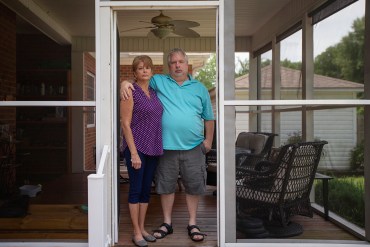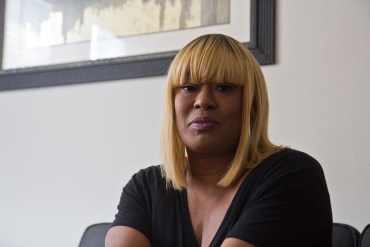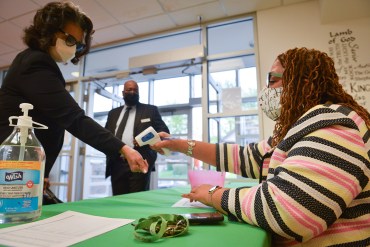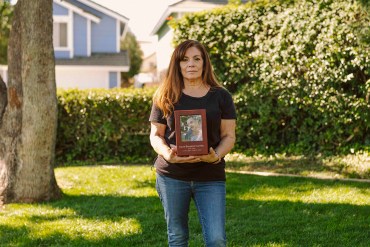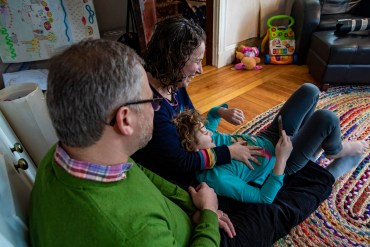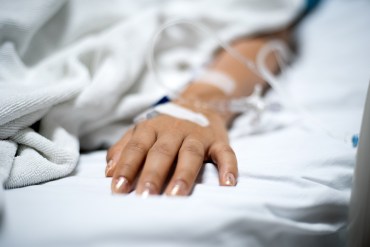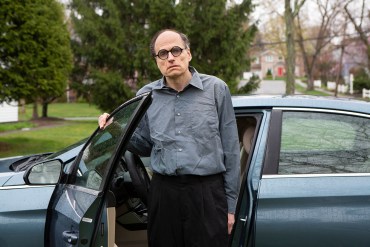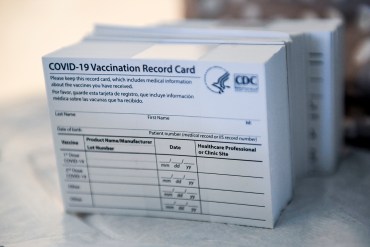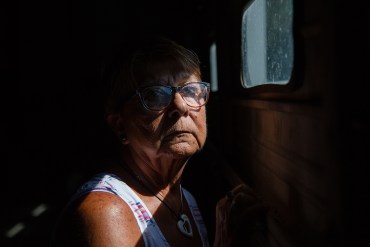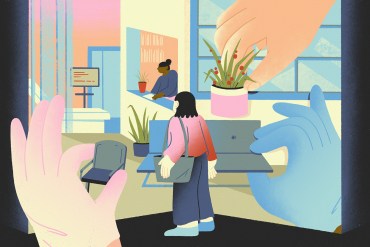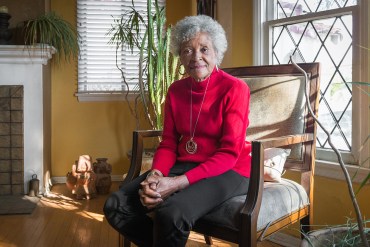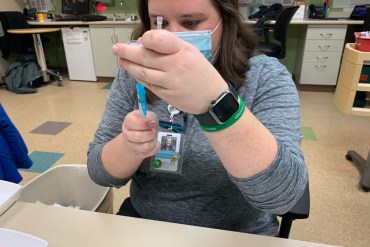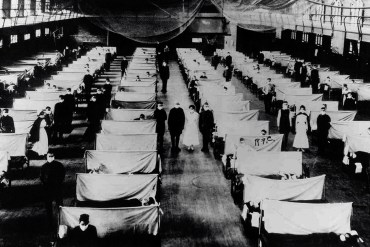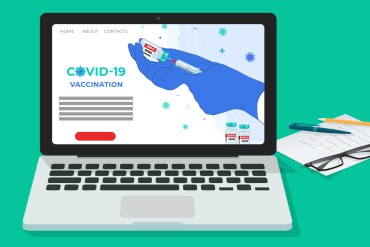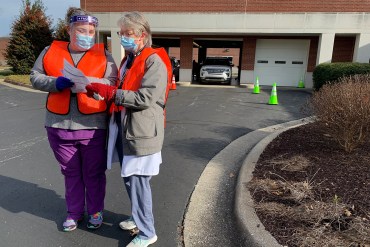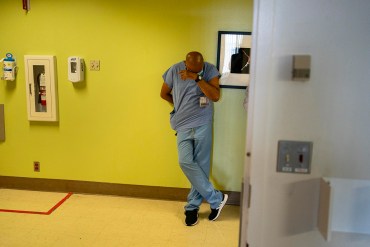Fútbol, Flags and Fun: Getting Creative to Reach Unvaccinated Latinos in Colorado
A vaccine clinic came to an international soccer tournament in Denver recently. It was an attempt to reach Latino Coloradans, whose vaccination rates trail those of non-Hispanic whites.
How ERs Fail Patients With Addiction: One Patient’s Tragic Death
Two intractable failings of the U.S. health care system — addiction treatment and medical costs — come to a head in the ER, where patients desperate for addiction treatment arrive, only to find the facility may not be equipped to deal with substance use or, if they are, treatment is prohibitively expensive.
Hospitals, Insurers Invest Big Dollars to Tackle Patients’ Social Needs
Eager to control costs, health systems and insurers are trying to address patients’ social needs such as food insecurity, transportation and housing. Yet, after years of testing, there’s slim evidence these efforts pay off.
In Missouri and Other States, Flawed Data Makes It Hard to Track Vaccine Equity
Racial and ethnic categories for vaccination data vary widely from one state to another, complicating efforts to distribute shots where they are needed most. In Missouri, some red flags in the data surfaced, making health officials question its usefulness.
In California, Nursing Home Owners Can Operate After They’re Denied a License
Nursing home chain ReNew Health continues to care for hundreds of patients even after the state attempted to crack down. Before and during the pandemic, homes connected to ReNew had safety violations.
Listen: Exploring Controversial Efforts to Waive Drugmakers’ Vaccine Patent Rights
KHN’s Julie Rovner joins The Atlantic’s “Social Distance” podcast, hosted by Dr. James Hamblin and Maeve Higgins, to talk about President Joe Biden’s support for an initiative to waive patent protection for covid vaccines and the politics of drug policy in the United States.
‘I Just Feel Like Myself’: A Nonbinary Child in Their Own Words
When they were 6, Hallel told their parents they are a boy-girl. At 9, they are helping their parents, grandparents and friends understand what it means to be nonbinary.
Covid ‘Doesn’t Discriminate by Age’: Serious Cases on the Rise in Younger Adults
With older adults vaccinated, doctors say a growing share of their covid patients are in their 20s, 30s, 40s and 50s, as more contagious variants circulate among people who remain unvaccinated.
‘We’re Coming for You’: For Public Health Officials, a Year of Threats and Menace
Local health officials have become the face of government authority as they work to stem the pandemic. That has made them targets for chilling threats from some of the same militia groups that stormed the U.S. Capitol. Santa Cruz leaders are among those whose daily routines now incorporate security patrols, surveillance cameras and, in some cases, firearms.
After Accident, Patient Crashes Into $700,000 Bill for Spine Surgery
Generous personal injury coverage on your car policy may not be enough to cover medical bills. Patients can get financially blindsided when auto insurance and health insurance policies differ.
Mysterious Ailment, Mysterious Relief: Vaccines Help Some Covid Long Haulers
Scientists who study the post-illness syndrome are taking a close look at patients’ reports of this unexpected benefit of the vaccine.
‘It Didn’t Really Stick With Me’: Understanding the Rural Shrug Over Covid and Vaccines
Fort Scott, Kansas, was hit hard by the pandemic, and it no longer has a hospital. But residents remain skeptical about the impact of the coronavirus.
Her Doctor’s Office Moved One Floor Up. Her Bill Was 10 Times Higher.
Same building. Same procedure. Same doctor. But now you’re charged a hospital facility fee. For one Ohio Medicare patient, the copay for a shot that used to cost her about $30 went up to more than $300.
Stop Blaming Tuskegee, Critics Say. It’s Not an ‘Excuse’ for Current Medical Racism.
The Tuskegee syphilis study is often cited as a reason Black Americans might hesitate to take the covid-19 vaccine. But many people say that current racism in health care and lack of access deserve more attention to move more Black Americans toward vaccine protection.
Accidentally Trashed, Thawed or Expired: Reports of Covid Vaccine Spoilage
As the speed of covid vaccinations picks up, so do the reports of doses going to waste. Health officials are trying to rein in waste without slowing down vaccinations.
Comparing Death Tolls From Covid to Past Wars Is Fraught
Covid-19 has now killed more Americans than World War II did. That fact helps some people put the viral death toll in perspective, while others find it offensive.
‘Cruel’ Digital Race For Vaccines Leaves Many Seniors Behind
Glitchy websites, jammed phone lines and long lines outside clinics are commonplace as states expand who’s eligible to be vaccinated. The oldest Americans and those without caregivers and computer skills are at a distinct disadvantage.
Big Business Boosts Vaccine Effort, but It’s ‘Complex Choreography’ to Get Shots in Arms
Corporations like Starbucks, Honeywell, Microsoft, Costco and Google are lining up to help with vaccine logistics. But the problem of the moment is supply, not systems.
Are You Old Enough to Get Vaccinated? In Tennessee, They’re Using the Honor System
In most Tennessean counties, residents currently eligible to get the coronavirus vaccine are health care workers, long-term care residents and people 75 and older. But don’t expect strict enforcement.
A Battle-Weary Seattle Hospital Fights the Latest COVID Surge
Harborview Medical Center was at the epicenter of the first wave of coronavirus in the U.S. Staffers have a better understanding of the disease as cases surge, but fatigue and a lack of backup staff are big challenges.




